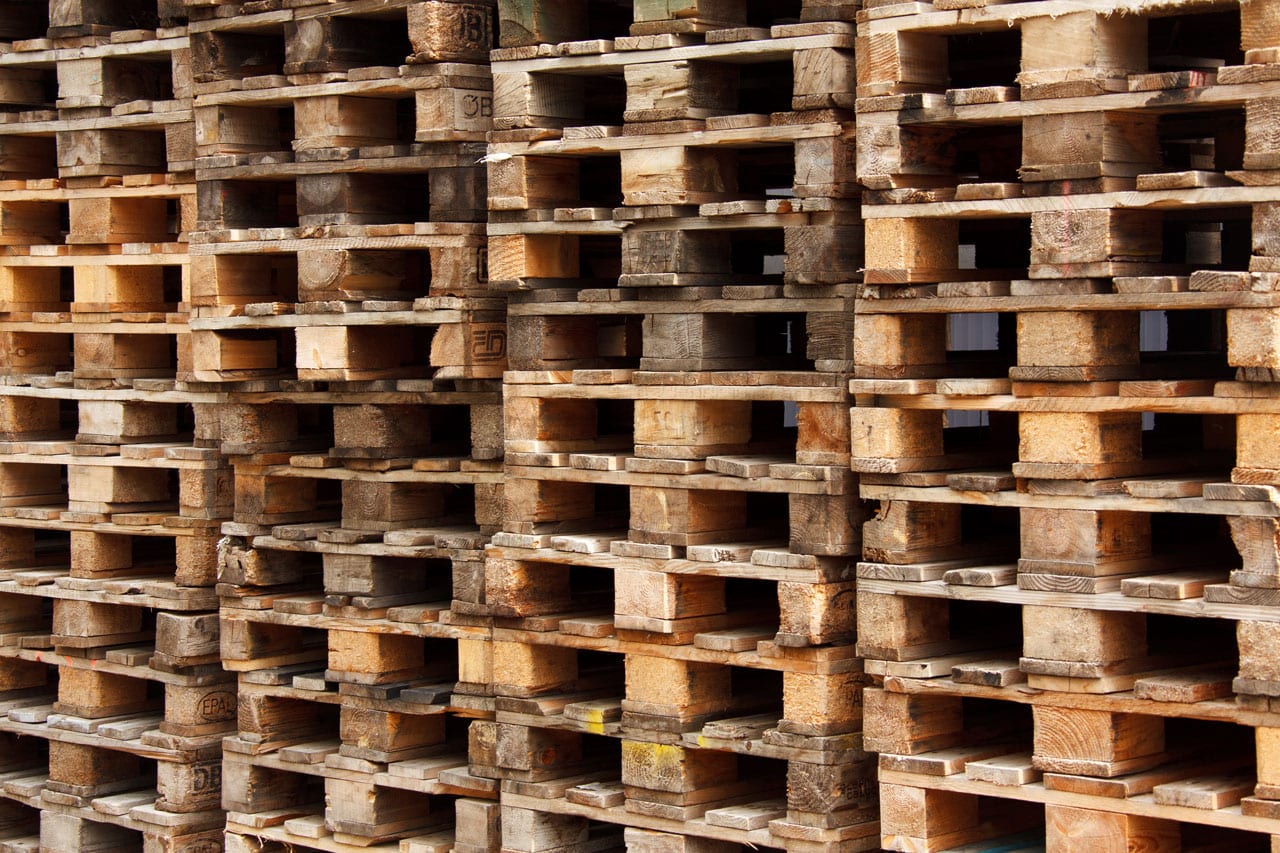You know those big glass cases at every budget eatery that keeps sandwiches warm? They’re called food display cabinets, and a few years ago, a small British cabinet manufacturer was auditioning to become the food display case supplier for Disney World. This was the big one.
Top management jetted to Florida for the meeting and shipped a demo product across the Atlantic and into the conference room where they proudly cut open the box to reveal their gleaming, state-of-the-art cabinet. The executives sat back while Disney World’s brass stared at the gleaming case.
Except that it was broken.
Somewhere during the nearly 4,000-nautical-mile boat trip, the product had gone from a sure-thing to a smashed pile of embarrassment.
This, says Danny Harrison, is why the packaging industry needs servitization.
Harrison is the business development manager of Nicklin Transit Packaging, a Birmingham, UK-based packaging company that manufactures boxes, palettes, and everything needed to get products from source to destination in one piece.
“If you think about the product we make, it’s the last product you think could be servitized,” Harrison says.
That is, until a new client comes to you with a terrible story about Disney World. From nearly the beginning of packaging until now, companies sold themselves to clients almost purely based on cost. The best packaging company was simply whichever sold the cheapest boxes.
But the Internet of Things and modern design technologies have altered the calculus for which packaging supplier to choose. After the cabinet company unloaded its busted display case at Disney World, its leaders called Nicklin to ship a new one. Nicklin didn’t just throw the case in a box — it included sensors that tracked moisture, shock and other variables indicating whether the item was damaged en route to the United States.
The best packaging company was simply whichever sold the cheapest boxes.
All that data is uploaded to a cloud service that lets the client log on and see how their package is doing. If there’s an indication that it’s been broken, they can immediately ship a new product rather than waiting until they’re cringing in front of potential customers. When they’re done with the sensor, the client ships it back to Nicklin to be used again.
By offering advanced packaging services, companies like Nicklin can also help customers comply with local regulations. And before the package is even shipped, Nicklin designs its packaging with the same state-of-the-art software design tools Rolls-Royce uses to design its engines. By using the software, Nicklin makes packing with the least amount of material necessary, a requirement for manufacturers in Britain.
“We saw other competitors who had taken out too much material to meet the price point and it wasn’t safe,” says Harrison. “Straight away we had a way of figuring out what the optimal amount of material should be in that packaging.”
In other words, the software sells compliance as a service.
All of this has helped Nicklin differentiate itself in an industry whose products can feel more or less the same.
“When we discussed what we were doing with friendly competitors, they thought we were mad, because they always thought that everyone wants to buy for the cheapest price,” Harrison says .
Perhaps everyone except executives who are miserable at the happiest place on earth.


Share this: